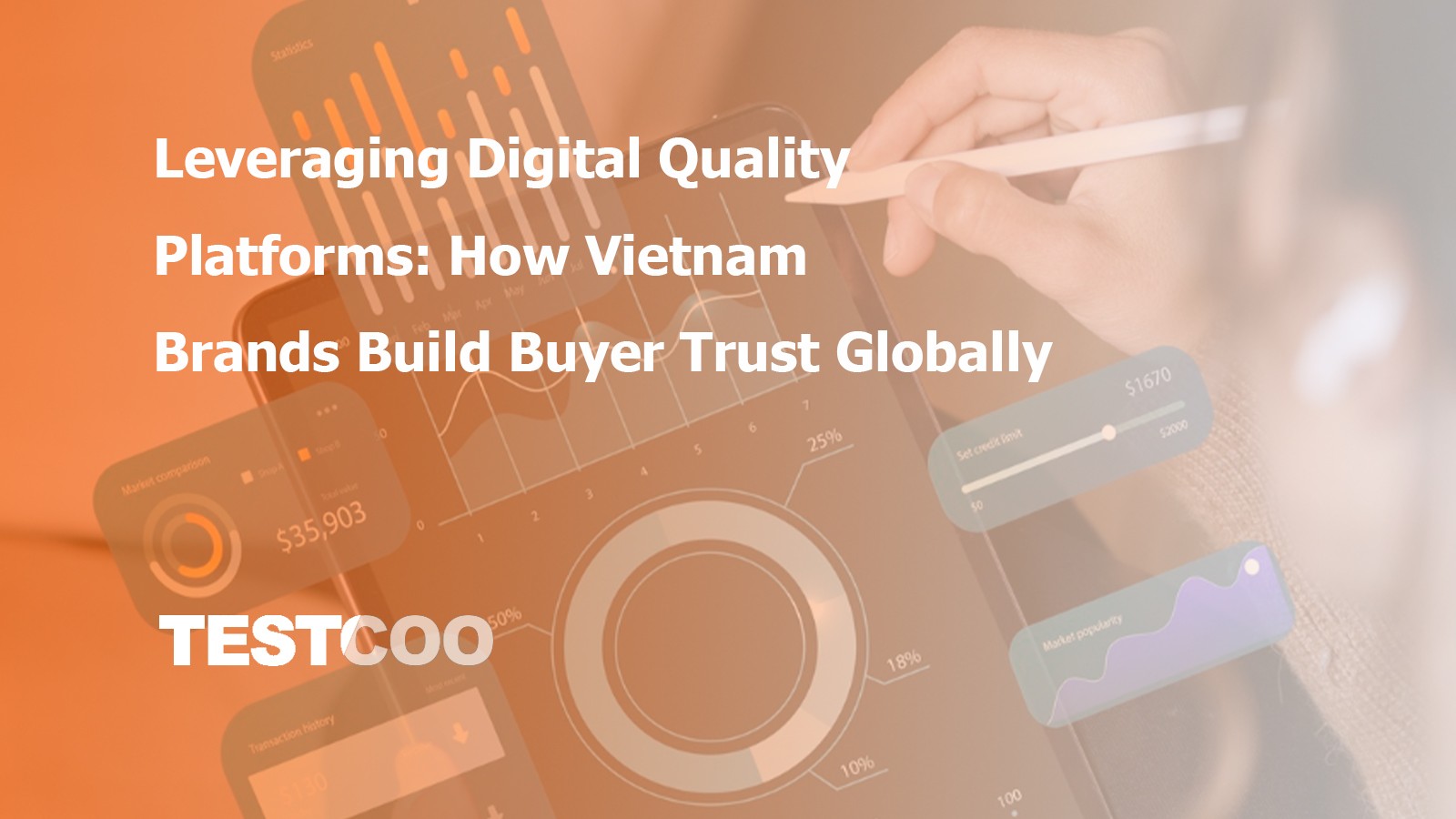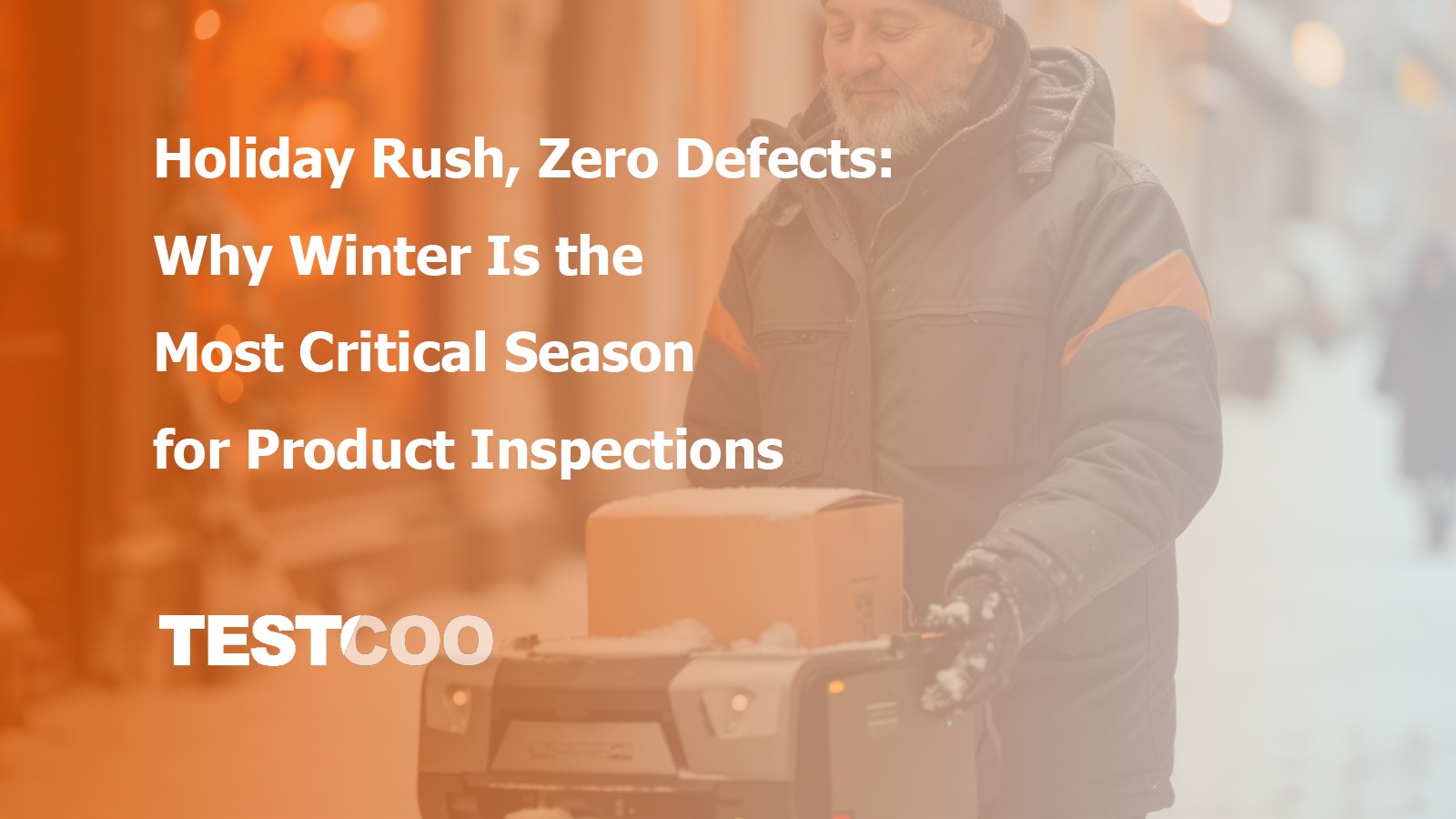Decoding the Certificate of Conformity (CoC): Your Global Gateway to Market Compliance
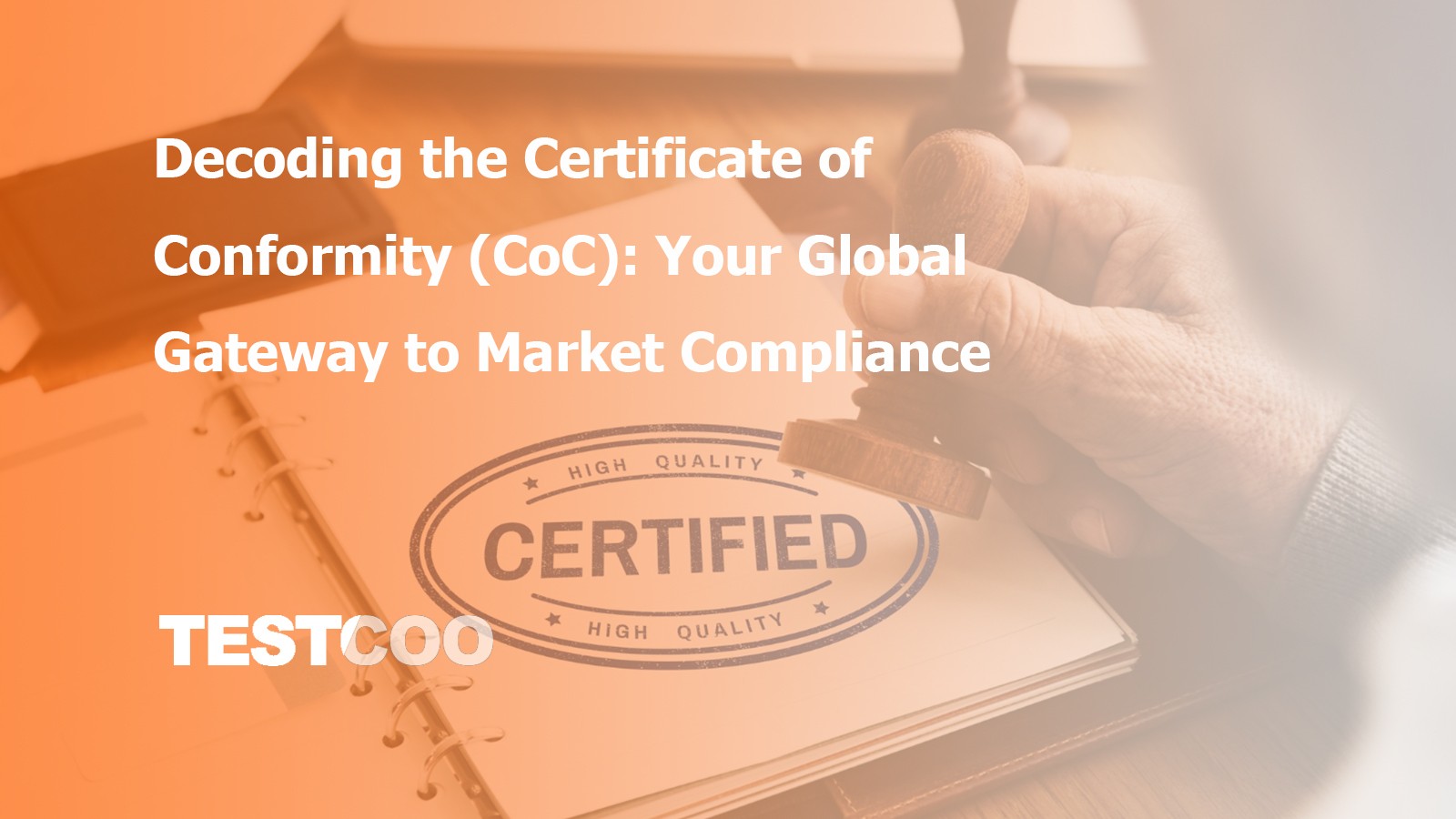
In the increasingly regulated landscape of global trade, a Certificate of Conformity (CoC) is a crucial document that certifies a product's compliance with the standards and regulatory requirements of a specific country or region. It serves as official proof that the product has successfully passed the necessary inspections and adheres to applicable safety, environmental, or technical guidelines. As international supply chains become more complex, the CoC plays a vital role in facilitating smooth customs clearance, preventing legal issues, and ensuring consumer protection. Without it, businesses face the risk of shipment delays, penalties, or market rejection. For exporters and manufacturers, obtaining a CoC not only demonstrates a commitment to quality and compliance but also opens the door to new global opportunities.
This article explains what a CoC is, why it matters, and how the process works across key global regions Understanding the function of CoCs is essential for any company engaged in international trade.
What Exactly is a Certificate of Conformity (CoC)?
Detailed explanation of CoC
A Certificate of Conformity (CoC) is a formal document that serves as a testament that a product, service, or process adheres to a specific set of standards, regulations, or specifications. These standards can be established by national governments, international organizations, industry associations, and other regulatory bodies.
The standards covered by a CoC can span a wide range of aspects, including, but not limited to, product safety, quality, environmental protection, and performance. In the case of product safety, a CoC for a children's toy might verify that the toy does not contain harmful substances, such as lead or phthalates, and that it has been designed and manufactured to prevent choking hazards.
The issuing authority of a CoC may vary. It could be the manufacturer itself, especially in cases where the manufacturer has the necessary in-house testing and quality control capabilities, and the standards are relatively straightforward. However, an independent third-party certification body is more often involved. These third-party bodies are usually accredited by relevant authorities, which gives them the credibility and authority to assess products against established standards. For instance, Testcoo is a leading third-party testing and certification organization. Our team possesses the expertise, resources, and technical capabilities required to conduct comprehensive product evaluations in accordance with established standards. Additionally, we have extensive knowledge of both local and international regulatory frameworks, which is essential for ensuring a smooth certification process.
Read More: Product Inspection, Supplier Audit & Certification | Testcoo
Common Industries and Products Requiring a CoC
Numerous industries and products typically require a Certificate of Conformity (CoC). For instance, in the automotive sector, when a car manufacturer exports vehicles to a new market, it must obtain a CoC to demonstrate that the vehicles comply with local safety, emissions, and technical standards. In certain countries, this may involve adhering to stringent regulations concerning vehicle lighting, braking systems, and fuel efficiency.
The electronics industry is another sector where Certificates of Compliance (CoC) are essential. A smartphone manufacturer aiming to sell its products in multiple countries must ensure that its devices comply with various international and regional standards, including those related to electromagnetic compatibility (EMC), electrical safety, and radio frequency emissions. A CoC for a smartphone verifies that the device has successfully passed all necessary tests to meet these standards.
In the food and beverage industry, Certificates of Compliance (CoC) play a crucial role in ensuring safety and quality. When a food product is exported, a CoC may be required to demonstrate that the product has been produced in accordance with Good Manufacturing Practices (GMP) and that it meets the importing country's regulations regarding food additives, contaminants, and labeling requirements.
Certificates of Compliance (CoC) can vary significantly based on the specific product and target market. For instance, a CoC for a medical device will have different requirements compared to a CoC for a piece of furniture. Medical devices must adhere to stringent regulatory standards concerning safety, effectiveness, and sterilization, while furniture CoCs may emphasize factors such as flammability, structural integrity, and chemical emissions.
Read More: Factory Quality Assessment & Compliance Service -TESTCOO
Why Does the CoC Matter?
Ensuring Legal Compliance
In the realm of international trade, legal compliance is essential. Each country enforces its own set of technical regulations and standards that products must meet. These regulations are designed to protect various aspects, including public health, environmental sustainability, and the integrity of the domestic market. A Certificate of Conformity (CoC) is a crucial document that verifies a product's compliance with these legal requirements.
Similarly, in the automotive industry, various countries have specific regulations concerning vehicle emissions, safety, and fuel efficiency. A car manufacturer intending to export vehicles to multiple countries must obtain Certificates of Conformity (CoC) for each market, demonstrating that the vehicles comply with local legal requirements. Failure to do so can result in legal penalties, including substantial fines and prohibitions on selling non-compliant vehicles in that particular market.
Read More: Environmental Management Audit
Enhancing Consumer Safety and Brand Trust
Consumer safety is a top priority for responsible businesses and regulatory authorities. A Certificate of Compliance (CoC) plays a vital role in this regard, as it assures consumers that a product has undergone rigorous safety checks and performance tests. When consumers see a product with a CoC, they can be confident that it is safe to use and has been evaluated against established standards.
Moreover, Certificates of Compliance (CoCs) are closely linked to brand trust. Brands that consistently obtain CoCs for their products demonstrate a commitment to quality and safety. In today's competitive market, where consumers are increasingly informed and safety-conscious, brand trust can serve as a significant differentiator. A positive reputation for quality and compliance can lead to enhanced customer loyalty and repeat purchases.
Simplifying Customs Clearance
Customs clearance is a crucial phase in international trade, and a Certificate of Conformity (CoC) can significantly streamline this process. Customs officials around the globe are tasked with ensuring that imported products adhere to their country's regulations. When a shipment arrives at a port or border crossing, customs officers must promptly evaluate whether the products meet the required standards.
A Certificate of Conformity (CoC) is a clear and concise document that attests to a product's compliance with relevant standards. With a valid CoC, customs officials can verify a product's conformity more efficiently, thereby reducing the need for extensive inspections.
Read More: The Importance of Final Random Inspections in Global Trade
How Does the CoC Work Globally
The process of obtaining a Certificate of Conformity (CoC) can vary significantly from one country to another; however, there are some common steps involved in the global context. Understanding these steps is crucial for manufacturers, exporters, and importers to ensure a smooth and compliant international trade process within the European Union (EU).
Step 1: Identify Applicable Standards and Regulations
The first and most fundamental step in obtaining a Certificate of Compliance (CoC) is identifying the relevant standards and regulations that apply to the product and its target market. This process can be complex but is essential, as standards may be highly specific to the type of product and the destination country. For instance, if you are exporting electrical appliances to the European Union, it is crucial to be well-versed in the EU's Low Voltage Directive (LVD) and Electromagnetic Compatibility (EMC) Directive.
In addition to regional directives, national standards play a crucial role in product safety. In the United States, Underwriters Laboratories (UL) standards are widely recognized for ensuring the safety of various products. For a broad range of items, from household appliances to industrial machinery, compliance with UL standards is often a prerequisite for market entry. Furthermore, environmental regulations have become increasingly significant.
Step 2: Choose an Authorized Certification Body
Once the applicable standards have been identified, the next step is to select an authorized certification body. Only organizations that are officially recognized and accredited by the relevant authorities can issue valid Certificates of Conformity (CoCs). These organizations may include government-accredited inspection companies or recognized third-party testing and certification bodies.
Step 3: Documentation and Product Testing
This step involves gathering and submitting comprehensive documentation related to the product, as well as conducting product testing. The documentation requirements can be extensive and may include product specifications that detail the product's technical characteristics, materials used, and performance parameters.
Test reports from accredited laboratories are essential. These reports offer objective evidence of a product's compliance with relevant standards.
Product testing is typically conducted by a designated certification body or an accredited laboratory. The tests can encompass a wide range of factors, including safety, performance, and environmental impact. For consumer electronic products, safety tests may include assessments of electrical insulation, over-current protection, and the absence of sharp edges.
Step 4: Receiving the Certificate
Once your product has successfully passed all required evaluations, including the documentation review and product testing, you will receive a Certificate of Conformity (CoC). The validity of the CoC can vary depending on the country's regulations and the nature of the product. In some instances, the CoC is valid for a single shipment. This is often the case when the product is a one-time production or when there are significant variations in the manufacturing process between shipments.
In certain circumstances, the Certificate of Compliance (CoC) may be valid for a specified duration, such as one year or three years. This is more typical for products that have a relatively stable production process and consistent quality.

COC Application in Different Regions
The application of the Certificate of Conformity (CoC) varies significantly across different industries and regions, as it is tailored to meet the specific regulatory requirements and standards of each sector. Below are some key examples of how the CoC is applied in various industries and regions around the world:
European Union
In the European Union (EU), the regulatory framework for the Certificate of Conformity (CoC) is closely linked to the CE marking directives. The CE marking is a mandatory conformity mark for products sold within the EU, signifying that the product complies with the relevant EU health, safety, and environmental protection directives. A CoC often forms part of the documentation process required to obtain the CE marking.
Moreover, the Certificate of Compliance (CoC) in the European Union (EU) plays a significant role in the supply chain. Manufacturers are responsible for ensuring that all components and sub-assemblies used in their products comply with the relevant standards.
United States
In the United States, the application of the Certificate of Compliance (CoC)is heavily influenced by the product category and the relevant regulatory bodies. For electronic products, adherence to the Federal Communications Commission (FCC) regulations is essential. The FCC establishes standards for electromagnetic compatibility and radio frequency emissions to ensure that electronic devices do not disrupt other communication systems. A CoC for an electronic device, such as a wireless router, verifies that the device has undergone testing and meets the FCC's requirements.
In the food and drug industry, the Food and Drug Administration (FDA) serves as the primary regulatory authority. A Certificate of Compliance (CoC) for a pharmaceutical product indicates adherence to the FDA's stringent regulations concerning drug safety, efficacy, and manufacturing practices. This process entails comprehensive testing to ensure the drug's purity, stability over time, and accurate labeling.
For consumer products, the Consumer Product Safety Commission (CPSC) plays a crucial role. A Certificate of Compliance (CoC) for a children's toy, for instance, must demonstrate adherence to the CPSC's safety standards. Additionally, the CPSC mandates that manufacturers maintain comprehensive records of product testing and compliance, which are typically linked to the issuance of a CoC.
Middle East
In the Middle East, countries such as Saudi Arabia and the United Arab Emirates (UAE) have established stringent Certificate of Conformity (CoC) requirements. In Saudi Arabia, the SABER (Saudi Arabian Standards, Metrology and Quality Organization Conformity Assessment System) program serves as a crucial regulatory framework. Under SABER, a CoC is mandatory for a wide array of products, including electrical appliances, construction materials, and automotive components.
In the UAE, the Emirates Conformity Assessment Scheme (ECAS) serves a similar purpose. The ECAS mandates that products comply with the UAE's technical regulations, and a Certificate of Conformity (CoC) is issued to verify this compliance.

Africa
Many African nations, including Kenya and Nigeria, implement Pre-Export Verification of Conformity (PVoC) programs. In Kenya, the Kenya Bureau of Standards (KEBS) oversees the execution of the PVoC program. A Certificate of Conformity (CoC) is mandatory for a wide range of imported products to ensure compliance with Kenyan national standards. For instance, in the case of imported textiles, the CoC verifies that the fabrics adhere to standards for colorfastness, shrinkage, and the absence of harmful chemicals.
In Nigeria, the Standards Organization of Nigeria (SON) oversees a comparable Pre-Verification of Conformity (PVoC) program. A Certificate of Conformity (CoC) for consumer goods, such as cosmetics and personal care products, verifies compliance with SON's standards concerning product safety, quality, and accurate labeling.
Asia
In China, the China Compulsory Certification (CCC) system is a well-known regulatory mechanism. A Certificate of Compliance (CoC) is a crucial component of the CCC process for many products. For instance, for electronic products, the CCC-related CoC demonstrates compliance with China's national standards for safety and electromagnetic compatibility. A smartphone seeking CCC certification must pass tests for electrical insulation, battery safety, and resistance to electromagnetic interference, and the CoC will attest to its successful completion of these assessments.
In India, the Bureau of Indian Standards (BIS) plays a crucial role in product standardization and certification. A Certificate of Compliance (CoC) issued under the BIS framework is required for a wide range of products, including electrical appliances, food items, and automotive components.
Challenges and Solutions in Obtaining a CoC
Frequent Issues
Obtaining a Certificate of Conformity (CoC) can be a complex process, and businesses often face several common challenges. One of the most prevalent issues is the misunderstanding of local regulations. These regulations can vary significantly from one country to another and even within different regions of the same country.
Delays in laboratory testing and document preparation are common challenges. Laboratory testing can be time-consuming, particularly if there are backlogs in testing facilities or if the product necessitates complex and specialized testing procedures.
Best Practices
To address these challenges, collaborating with experienced third-party partners, such as Testcoo, can be highly beneficial. Testcoo has extensive expertise in the Certificate of Compliance (CoC) processes across various countries and industries. We provide valuable guidance on navigating local regulations, ensuring that businesses are well-informed about the specific requirements for their products in the target market.
Preparing documentation early in the production cycle is a critical best practice. By initiating the documentation process at the outset, businesses can ensure that all necessary information is gathered and verified promptly.
Staying informed about regulatory updates in your target market is essential. Regulations are constantly evolving, particularly in areas such as environmental protection, safety standards, and technological advancements. A business that fails to keep pace with these changes may find that its products suddenly become non-compliant.
Free Sample Report Performance Quality Control
Download a sample report to keep control of your supply chain!
Featured Articles
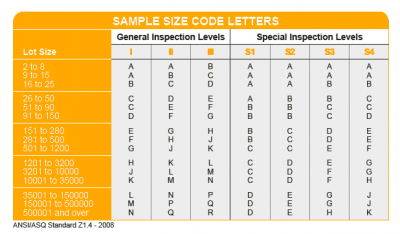 AQL Table | How to Read It
AQL Table | How to Read It TOP 10 Common Defects in Garments Quality Inspection
TOP 10 Common Defects in Garments Quality Inspection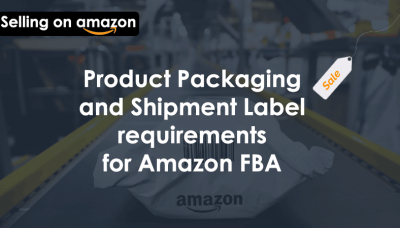 Product Packaging and Shipment Label requirements for Amazon FBA
Product Packaging and Shipment Label requirements for Amazon FBA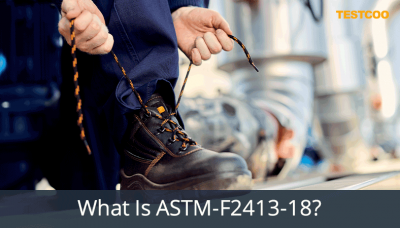 What Is ASTM-F2413-18? Protective Footwear Standard
What Is ASTM-F2413-18? Protective Footwear Standard How to Conduct Third-Party Quality Control Inspections for Electric Scooters
How to Conduct Third-Party Quality Control Inspections for Electric Scooters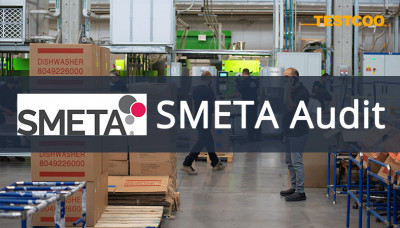 SMETA Audit-What is SMETA Audit?
SMETA Audit-What is SMETA Audit?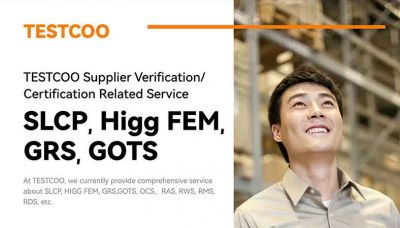 TESTCOO Supplier Verification/Certification Service SLCP, Higg FEM, GRS, GOTS
TESTCOO Supplier Verification/Certification Service SLCP, Higg FEM, GRS, GOTS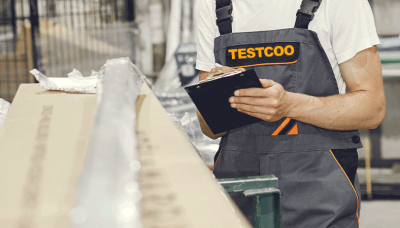 Quality Control Inspection Company in China
Quality Control Inspection Company in China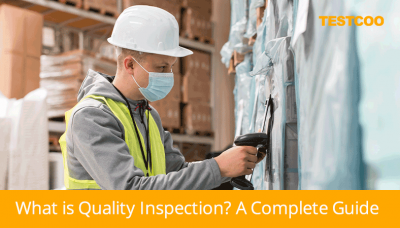 What is Quality Inspection? A Complete Guide
What is Quality Inspection? A Complete Guide Guidelines for Product Inspection in India
Guidelines for Product Inspection in India
Category
- Production Inspection Service
- Factory Audit
- Softline Inspection
- Hardline Inspection
- Electrics Inspection
- Certification
- Checklist
- Manufacturers
- Quality Assurance Basics
- Products Recall
- AQL
- Guidence and Standard
- News
- Supplier Management
- Amazon
- Protective Equipment
- e-commerce quality control
- Indian Manufacturing
- Soft Goods Quality Control
- Supply Chain Management
- Supply Chain Resilience
- E-Commerce Quality Control
- ISO 2859
- Supply Chain Optimization
- Garment Industry
- Higg Index


